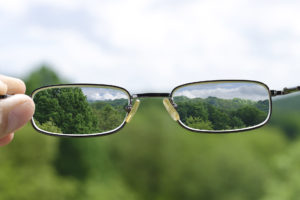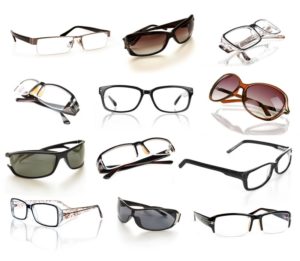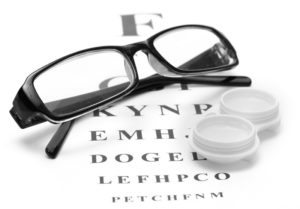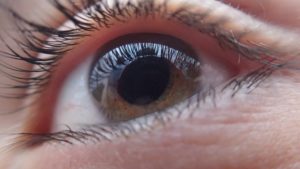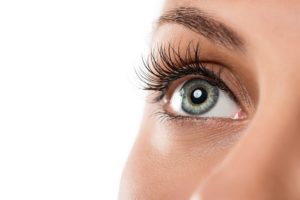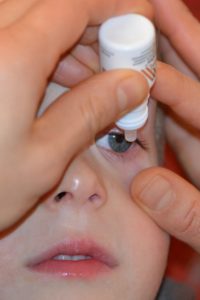At Yardley Eye Care, we work hard to make each appointment for every patient a comfortable and pleasant experience. We make the effort to help you schedule an appointment that best fits your schedule and we try to make the best use of your valuable time. We offer an online New Patient Center that allows you to fill out necessary forms prior to your visit to better facilitate the process. Whether you are visiting for an eye exam, contact lenses, eyeglasses or other optical care, here is what else you can expect at Yardley Eye Care.
A TEAM OF CARING, EYE CARE PROFESSIONALS
Dr. Brian Cohen, our optometrist at Yardley Eye Care, chooses each member of our team to provide the best in personalized care for our optometry patients. Our eye doctor and his team are committed to superior vision care and patient services. You should expect individualized attention and a genuine concern for the vision of you and your family.
FAMILY EYE CARE FROM YOUR EYE DOCTOR NEAR YARDLEY
Yardley Eye Care provides eye care for the entire family. Whether you are interested in eye care for school aged children or concerned about the deteriorating vision of a senior, we are here to help. You can expect to find a wide range of services from eye exams to contact lenses and eyeglasses. Our optical care includes designer frames, sunglasses, and disease detection and treatment. We offer pre and post-operative care for LASIK and other eye surgeries.
THE BEST IN EYE CARE SERVICES FROM YOUR YARDLEY OPTOMETRIST
We have been named “One of the Best” in the Optometrist category for 2015 and 2016 in the Courier Times. Our customers often leave nice comments about us on our social media pages and each day we strive to bring each patient the superior level of service they deserve. Our Professional and friendly staff at Yardley Eye Care can help you understand your insurance options. We can also help you locate financial alternatives to ensure you get the best eye care possible.
SEE FOR YOURSELF! MAKE AN APPOINTMENT TODAY!
We invite you to call us at 215-369-3937. Make an appointment and discover the Yardley Eye Care experience for yourself. We are located at 1581 Big Oak Road in Yardley, PA.


